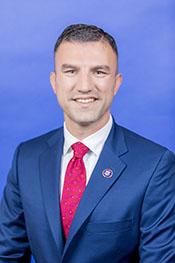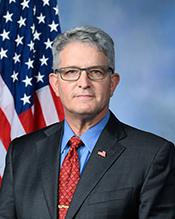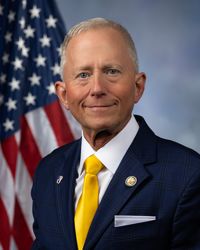0
Airport and Airway Extension Act of 2023
12/15/2023, 5:30 PM
Summary of Bill HR 5711
The bill includes provisions for funding various programs related to airport infrastructure, air traffic control, and aviation safety. It also addresses issues such as airport security and the modernization of air traffic control systems. Additionally, the bill may include provisions for the collection of fees and taxes related to air travel to help fund these programs.
Overall, the Airport and Airway Extension Act of 2023 aims to ensure the smooth operation and safety of the nation's airports and airways. It is an important piece of legislation that will impact the aviation industry and air travelers across the country.
Congressional Summary of HR 5711
Airport and Airway Extension Act of 2023
This bill temporarily extends specific Federal Aviation and Administration (FAA) programs and activities through December 31, 2023.
For example, the bill extends the FAA
- Unmanned Aircraft Systems (UAS) pilot programs (e.g., the UAS Test Site Program and the UAS remote detection and identification pilot program),
- weather reporting programs,
- Remote Tower Pilot Program, and
- Essential Air Service Program.
The bill also extends the authorization for the Airport Improvement Program (AIP). (This program provides grants for planning, development, and noise compatibility projects at or associated with certain public-use airports.)
Further, the bill extends through December 31, 2023, the FAA's authority for expenditures from the Airport and Airway Trust Fund (AATF) and to collect various taxes and fees to fund the AATF, including taxes on aviation fuel and airline tickets. (The AATF is the primary funding source for all major FAA accounts that fund federal aviation programs, with the remainder coming from general fund appropriations.)





